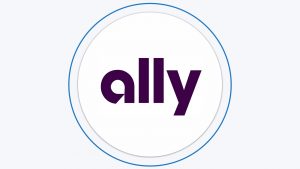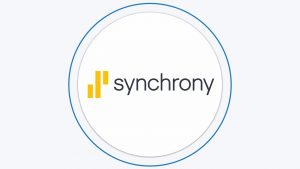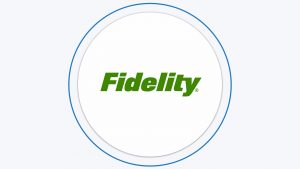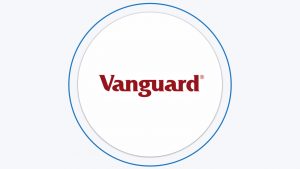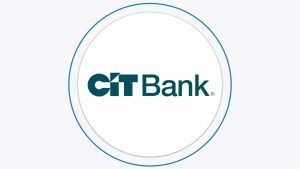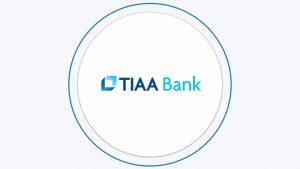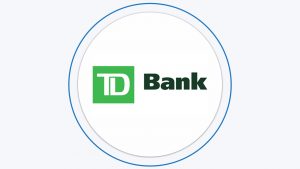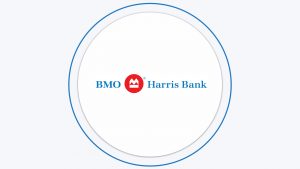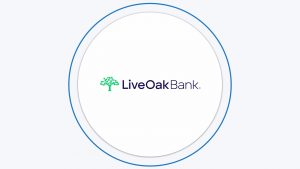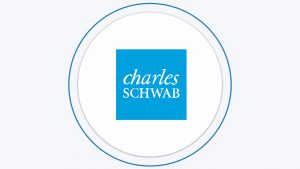Table Of Content
When it comes to investing in certificates of deposit (CDs), there are two main options: traditional CDs and brokered CDs. While they may seem similar at first glance, there are key differences between the two that can affect your returns and overall investment strategy.
In this article, we'll explore the differences between brokered and traditional CDs, including their advantages and disadvantages, to help you make an informed decision about which option is right for you.
How Does Traditional CD Work?
A traditional CD, also known as a “certificate of deposit,” is a financial product offered by banks and credit unions that allows an investor to deposit funds for a fixed term, usually ranging from a few months to several years.
During this time, the investor earns a fixed interest rate that is typically higher than the interest rate on a savings account. The interest rate on a traditional CD is typically determined at the time of purchase and remains fixed for the entire term of the CD, regardless of changes in market interest rates.
At the end of the CD term, the investor receives their principal investment plus any interest earned. If the investor withdraws their funds before the CD matures, they may be subject to penalties, such as forfeiting a portion of the interest earned or paying an early withdrawal fee.
Top Offers From Our Partners
![]()
How Does Brokered CD Work?
A brokered CD is a type of certificate of deposit that is purchased through a brokerage firm or financial advisor, rather than directly from a bank or credit union.
When an investor buys a brokered CD, the brokerage firm acts as an intermediary, searching for the best rates and terms from various banks and credit unions across the country.
The investor then holds the CD with the brokerage firm, which acts as a custodian for the investment. When the CD matures, the investor receives their principal investment plus any interest earned.

What Are The Main Differences Between Them?
The main differences between brokered and traditional CDs are as follows:
-
Purchase Method
Traditional CDs are purchased directly from a bank or credit union, while brokered CDs are purchased through a brokerage firm or financial advisor.
This means that investors who want a traditional CD must go to a specific bank or credit union to purchase it, whereas investors who want a brokered CD can work with any brokerage firm or financial advisor that offers them.
-
Interest Rates
Brokered CDs tend to offer higher interest rates than traditional CDs, but this is not always the case. Because brokerage firms have access to a wider range of CDs from different banks and credit unions, they can often find better rates than an individual investor can find on their own.
-
Fees And Penalties
Brokered CDs may come with fees and penalties that traditional CDs do not have.For example, brokerage firms may charge a commission or markup on the CD, which can eat into the investor's returns.
On the other hand, traditional CDs usually have early withdrawal penalties, and you can't withdraw the CD before maturity, unless you have a no-penalty CD.
-
Liquidity
Brokered CDs provide investors with increased liquidity, as they can be sold on the secondary market before maturity. This feature allows investors to withdraw their funds early without facing steep penalties (but usually, there are fees, as mentioned above).
Top Savings Accounts From Our Partners
Quontic High Yield Savings
- 4.50% APY on savings
- Interest is compounded daily
- No Monthly Service Fees
CIT Savings Connect
- Up to 5.00% APY on savings
- No monthly service fees.
- Zelle, Samsung & Apple Pay
Advertiser Disclosure
The product offers that appear on this site are from companies from which this website receives compensation.
Top Offers From Our Partners
![]()
![]()
How To Decide Which Is Best For You?
Here are some questions an investor can ask themselves to determine which type of CD is best for them:
How much money do I have to invest? Minimum deposit requirements can vary widely for both traditional and brokered CDs. Investors should consider how much money they have to invest and whether they meet the minimum deposit requirements for the CDs they are interested in.
How important is liquidity to me? Liquidity can be an important consideration for investors who may need to access their funds before the CD matures. Traditional CDs may be easier to sell or cash out than brokered CDs, which can be advantageous in certain situations.
How important is diversification to me? Diversification can be an important consideration for investors who want to spread their funds across multiple institutions. Brokered CDs can provide investors with access to a wider range of CDs from different banks and credit unions, making it easier to diversify their holdings.
What are the fees and penalties associated with each type of CD? Investors should carefully consider the fees and penalties associated with both traditional and brokered CDs, as these can significantly impact their returns. Brokered CDs may come with more fees and penalties than traditional CDs, so investors should consider whether the potential for higher returns outweighs the added costs.
By asking these questions and carefully considering their goals, preferences, and financial situation, investors can determine whether a traditional or brokered CD is the best fit for them.
Comparing Brokered vs. Traditional CDs
Here's a comparison of CD rates and minimum deposit for 12 months of the leading brokered and traditional CDs:
Financial Institution | Type | 12 Months CD APY | Minimum Deposit |
|---|---|---|---|
Traditional CD | 5.00% | $0 | |
Traditional CD | 4.70% | $2,500 | |
Traditional CD | 4.50% | $0 | |
Traditional CD | 5.15% | $500 | |
Vanguard | Brokered CD | 5.25% | $1,000 |
Charles Schwab | Brokered CD | 5.15% – 4.90% | $1,000 |
Fidelity | Brokered CD | 4.80% | $1,000 |
Common Alternatives To Brokered And Traditional CDs
There are several alternatives to brokered and traditional CDs that investors may want to consider, including:
Money market accounts: Money market accounts are a type of savings account that typically offer higher interest rates than traditional savings accounts. They often require a higher minimum deposit and may have limits on the number of withdrawals per month, but they offer more flexibility than CDs.
High-yield savings accounts: High-yield savings accounts are similar to money market accounts in that they offer higher interest rates than traditional savings accounts, but they may not have the same restrictions on withdrawals and minimum deposits.
Government bonds: Government bonds are debt securities issued by the federal government. They typically offer lower interest rates than CDs, but they are considered to be very safe investments.
Corporate bonds: Corporate bonds are debt securities issued by companies. They typically offer higher interest rates than government bonds or CDs, but they also carry more risk.
Mutual funds: Mutual funds are investment vehicles that allow investors to pool their money together to invest in a diversified portfolio of stocks, bonds, and other securities. They can offer higher potential returns than CDs, but they also come with more risk.
FAQs
Investors should consider their investment goals, risk tolerance, minimum deposit requirements, fees and penalties, and liquidity needs before choosing a CD.
Traditional CDs may be a better option for investors with smaller amounts of money, as some brokered CDs may have higher minimum deposit requirements.
Yes, but selling a brokered CD before maturity may result in penalties and fees.
Yes, CDs purchased from FDIC-insured banks and credit unions are generally insured up to $250,000 per depositor.


